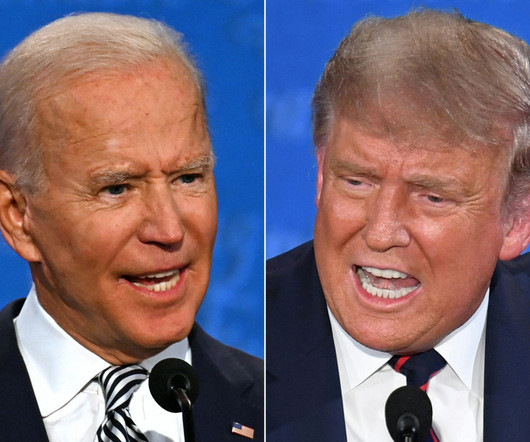Netherlands Commercial Court updates its rules of procedure
Conflict of Laws
JANUARY 10, 2025
The Netherlands Commercial Court (NCC) has recently updated its rules of procedure. The updated version has come into force on January 1, 2025. Additionally, there are amendments in amongst others the following rules: 2.1.3 notification of interested parties) 2.2 and explanatory notes (language and third parties) 3.2.1

















Let's personalize your content